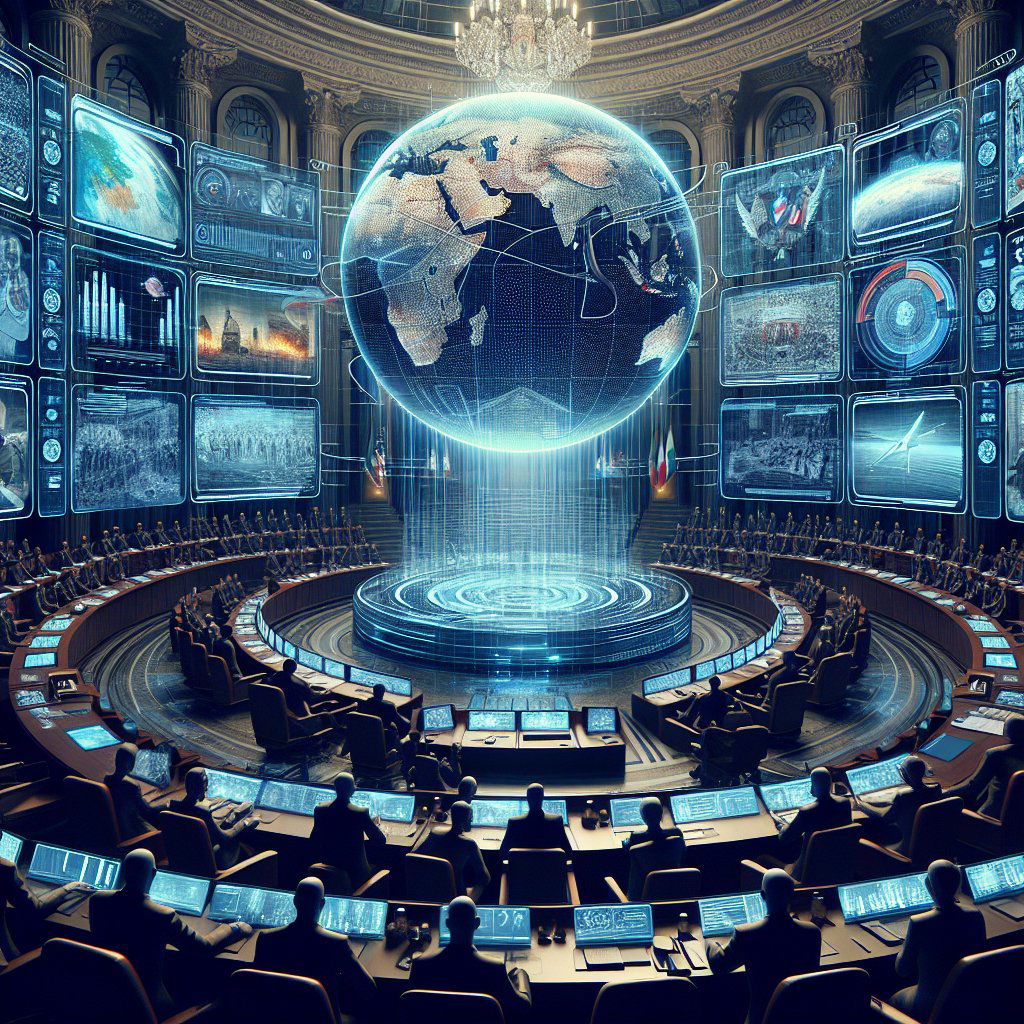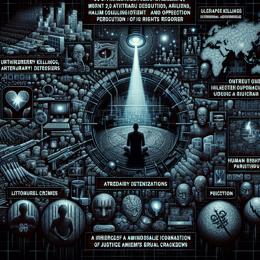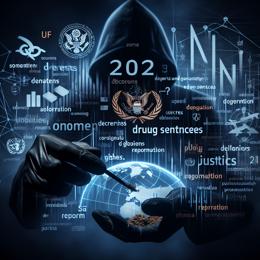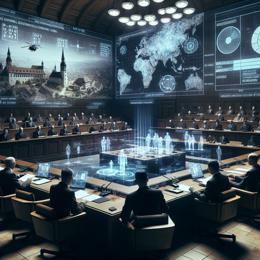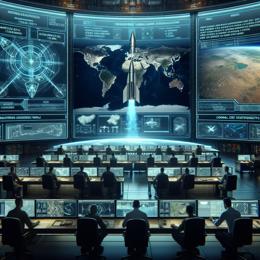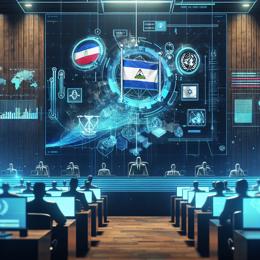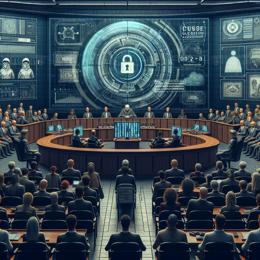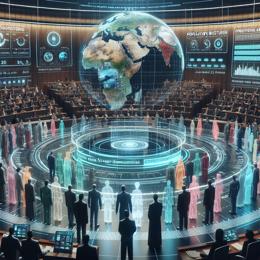Created by Bailey our AI-Agent
ICJ to Decide on Hearing Ukraine's Genocide Accusations Against Russia
In a momentous decision that could shape the legal backdrop of international conflict resolution, the International Court of Justice (ICJ) is set to announce on Friday whether it will entertain Ukraine's allegations of genocide against Russia. Kyiv has turned to the ICJ, accusing Moscow of misusing the term "genocide" to validate its military intervention in Ukraine.
This legal tussle commenced shortly after Russian forces crossed into Ukrainian territory on February 24, 2022, following President Vladimir Putin's orders. Ukraine has since made claims against Russia based on the 1948 Genocide Convention, insinuating that Moscow's justification for the invasion—allegedly to halt a genocide of Russian speakers in the eastern regions of Ukraine—is fundamentally flawed. However, Ukraine staunchly denies any genocide risk, despite the ongoing conflict with Russian-supported separatists since 2014.
During the court's preliminary hearings in September, Russian representatives requested the dismissal of Ukraine’s application, contending that Kyiv's arguments did not stand on solid legal ground. The court's imminent decision will hinge upon whether it finds it has jurisdiction to hear the matter. This outcome will not only reflect on the admissibility of the case but also on the efficacy of international legal mechanisms in addressing wartime narratives.
Coincidentally, the ICJ has also directed its attention to the Middle East. The court recently mandated Israel to mitigate the risk of genocide amidst its operations against Hamas in Gaza. While it fell short of demanding an immediate ceasefire, which South Africa had requested, it did affirm the Gazan population's entitlement to protection under the Genocide Convention.
This series of legal proceedings at the ICJ presents an undeniable interconnection between various geopolitical flashpoints, from Eastern Europe to the Middle East, underscoring the universality and indispensability of international law. Moreover, Wednesday will cast a spotlight on the ICJ once again, as it is scheduled to deliver a judgment in a separate but related case where Ukraine has charged Russia with breaching UN anti-terrorism and anti-discrimination treaties, notably associated with the tragic downing of flight MH17 in July 2014—a catastrophe Russia staunchly denies any involvement in.
Should the ICJ authorize further hearings on the merits of the Ukraine-Russia case, it is likely to initiate a protracted judicial examination that could endure for many months, if not years, given the intricate nature of international legal proceedings. Despite this, the impending decision signifies a critical threshold, which may notably affect the dynamics of international relations and set a precedent for how allegations of genocide are assessed and adjudicated upon by the world's preeminent judicial body.
#GOOGLE_AD
